Blog / Military News
Revolutionizing Military Selection: ChatGPT Aces ASVAB, ASTB, and AFOQT
Share this story
Share this story
The possibilities seem to be endless with ChatGPT, the cutting-edge language model developed by OpenAI, and the Internet abounds with all the examples. After seeing ChatGPT blaze through law and business school exams, VET Tv figured we’d throw something at the system that’s challenged young men and women since the early 1950’s – the Armed Services Vocational Aptitude Battery (ASVAB).
Just to make things interesting, we also threw in the Aviation Selection Test Battery (ASTB), the Officer Aptitude Rating (OAR), and the Air Force Officer Qualifying Test (AFOQT). These three military tests measure various abilities and aptitudes, and are used by the U.S. military to select recruits and commission officer candidates.
The Armed Services Vocational Aptitude Battery (ASVAB) is a multiple-aptitude battery that measures developed abilities and helps predict future academic and occupational success in the military. It is administered annually to more than one million military applicants, high school, and post-secondary students.
The ASTB-E exam is the main standard test used by branches of the United States military to select aviation officer program candidates. Branches that use the test include the U.S. Marine Corps, the U.S. Navy and the U.S. Coast Guard. The OAR exam is used to as part of the selection process for certain non-aviation officer candidates.
The Air Force Officer Qualifying Test (AFOQT) is a standardized test similar to the SAT and ACT. The AFOQT measures aptitudes and is used to select applicants for officer commissioning programs, such as Officer Training School (OTS) or Air Force Reserve Officer Training Corps (AFROTC). It is also used for selection into specific training programs such as pilot and navigator training.
ChatGPT didn’t disappoint – the AI successfully passed all three. By blazing through these tests, ChatGPT has demonstrated not only its advanced language and cognitive abilities, but also its potential to revolutionize the military selection process
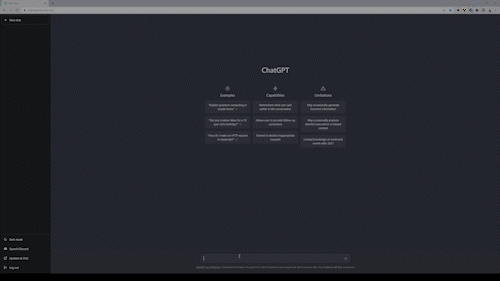
What were the results?
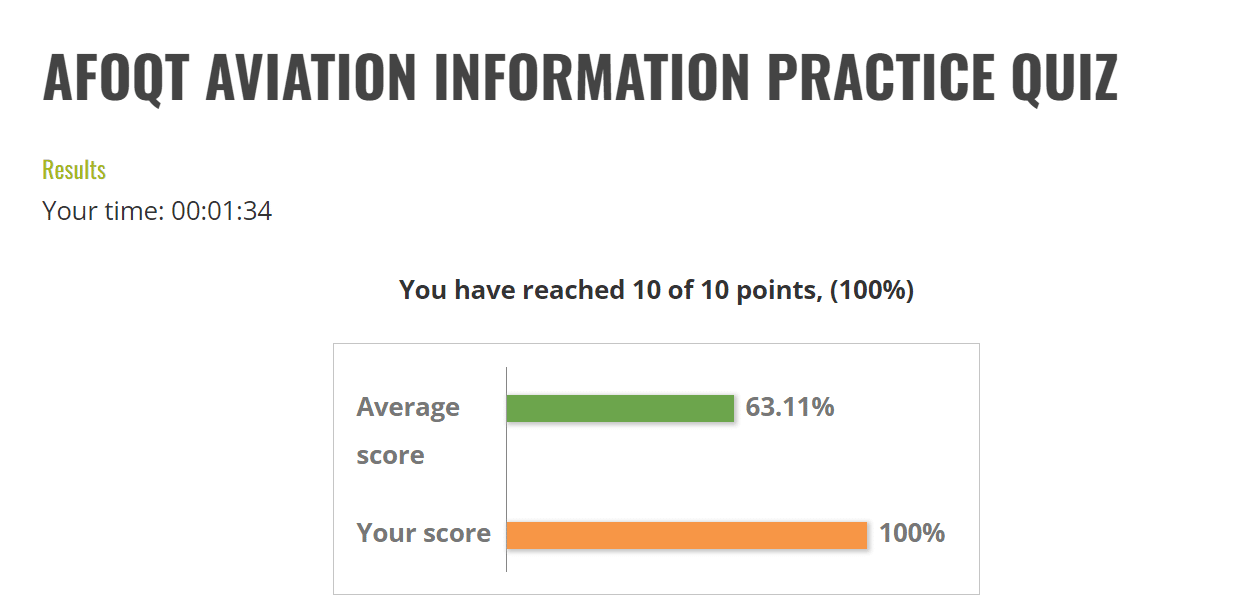
ChatGPT’s successful completion of the ASVAB, ASTB, and AFOQT marks a significant milestone in the development of artificial intelligence. These tests, designed to measure various abilities and aptitudes, are commonly used by the U.S. military to select and commission officer candidates. By passing these tests, ChatGPT has demonstrated its ability to perform like a human, with advanced language and cognitive skills. This achievement not only showcases the remarkable capabilities of ChatGPT, but also raises important questions about the future of military selection and the role of AI in this process.
With its ability to quickly analyze and process large amounts of information, ChatGPT has the potential to revolutionize the way the military selects its officers, making the process more efficient, objective, and fair. This breakthrough in AI technology has far-reaching implications and raises exciting possibilities for the future of military selection and beyond.
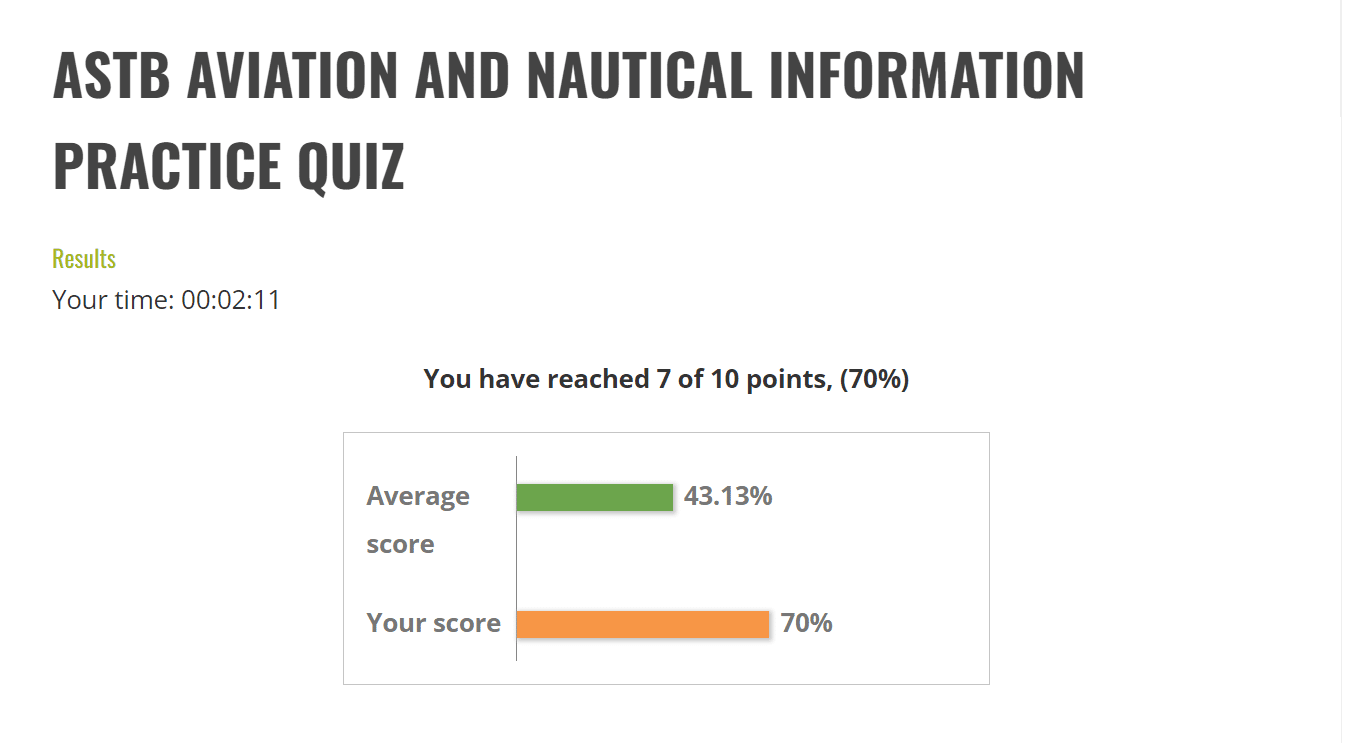
ChatGPT’s Performance on the ASVAB was flawless. Obviously, we were unable to get any recruiters to administer the actual ASVAB. So, we relied on practice tests available online for each section, and the AI passed with 100% of the questions answered correctly.
We took similar routes for the ASTB and AFOQT. The AI received passing marks on both tests but did face some challenges in completing the sections that required images to be deciphered. Even more surprisingly, it failed to correctly answer some of the more nuanced arithmetic reasoning – or math word problems, for you Marines..
Comparatively, the AI vastly outperformed the average human scores on all sections of all three tests besides arithmetic reasoning.
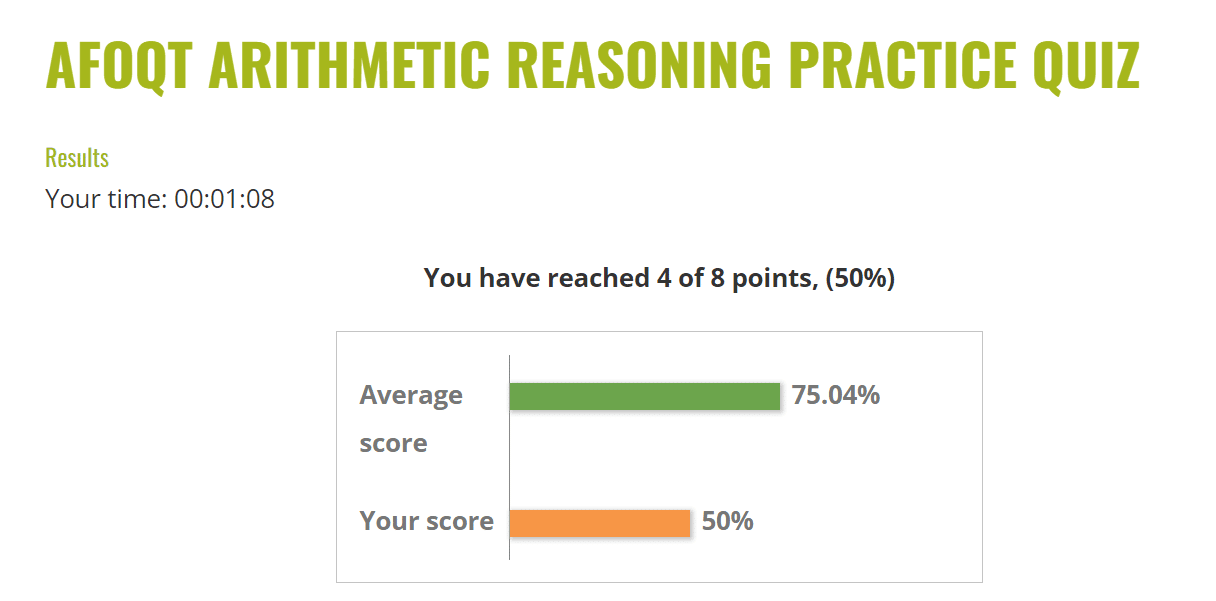
Are there advantages to using AI in military selection? Sure, such as:
- Objectivity: AI algorithms are free from human biases and emotions, which can help ensure fair and impartial selection of officers.
- Speed: AI algorithms can process large amounts of data and make decisions quickly, reducing the time required for the selection process.
- Accuracy: AI algorithms can analyze data in a more precise and consistent manner, reducing the chances of errors or inconsistencies in the selection process.
- Cost-effectiveness: AI algorithms can automate many of the tasks involved in the selection process, reducing the need for manual labor and associated costs.
- Continuous improvement: AI algorithms can continuously learn and improve based on the data they receive, ensuring that the selection process remains up-to-date and relevant.
But there are challenges and limitations as well:
- Reliability: AI algorithms can be affected by factors such as data quality and system design, which may impact their accuracy and reliability.
- Ethical and legal concerns: The use of AI in military selection raises important ethical and legal questions, such as privacy, accountability, and discrimination.
- Resistance to change: Some people may resist the adoption of AI in the military selection process, due to concerns about job loss, bias, or mistrust of technology.
- Technical limitations: AI algorithms may not be able to fully replace human judgment in certain areas, such as emotional intelligence, creativity, or leadership.
What’s the implication?
As AI technology continues to advance, it is likely that more military selection processes will be automated, making the process more efficient and fair. The success of ChatGPT on the ASVAB, ASTB, and AFOQT may inspire the development of new AI algorithms specifically designed for military selection and algorithms may be integrated with other technologies, such as virtual reality, to create more immersive and realistic selection experiences.
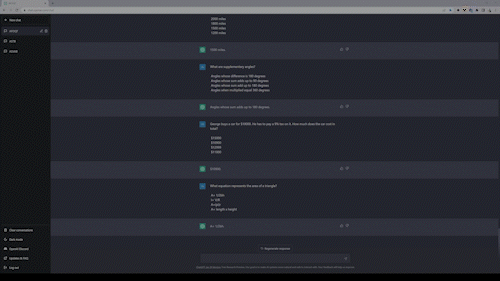
This is a remarkable achievement in the field of artificial intelligence. It demonstrates the advanced language and cognitive abilities of ChatGPT and its potential to transform various industries and applications. Hopefully this test spurs further research into the use of AI in military selection and its potential benefits and limitations. This breakthrough raises important questions about the future of military selection and the role of AI in this process, and highlights the need for continued research and development in this area.
The success of ChatGPT on the ASVAB, ASTB, and AFOQT has far-reaching implications for the future of military selection and beyond. While AI technology has the potential to revolutionize the selection process, it is important to consider the challenges and limitations of using AI, and to ensure that its benefits are realized in a responsible and ethical manner. As AI technology continues to advance, it is crucial to continue exploring its potential and limitations, and to develop new and innovative ways to use it for the benefit of society.
Share this story
Share This Story, Choose Your Platform!
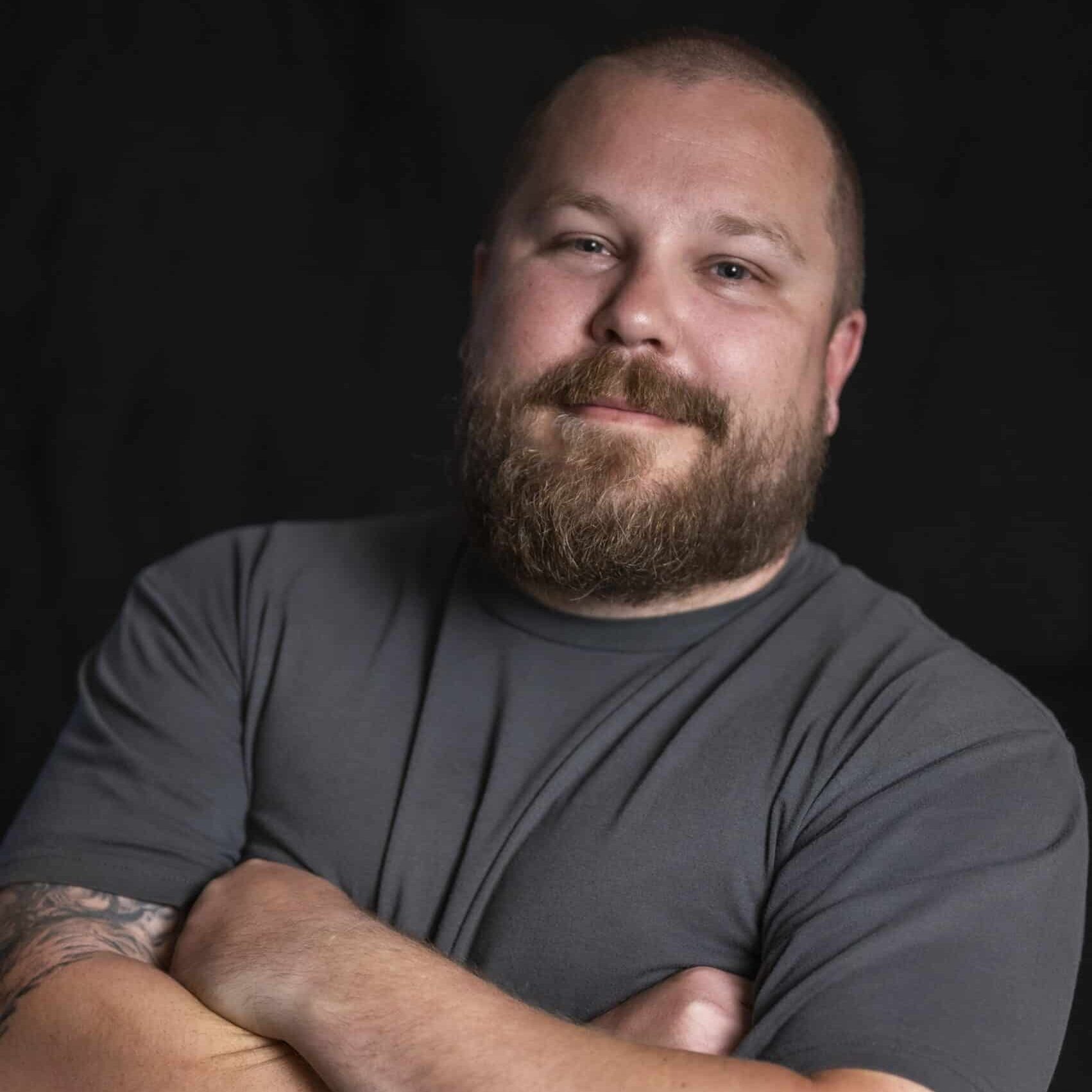
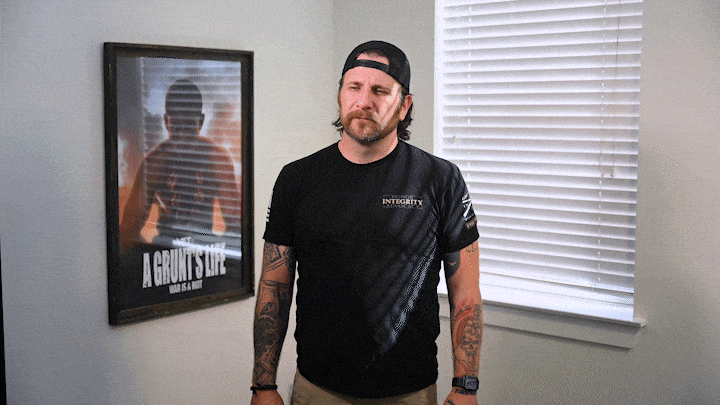

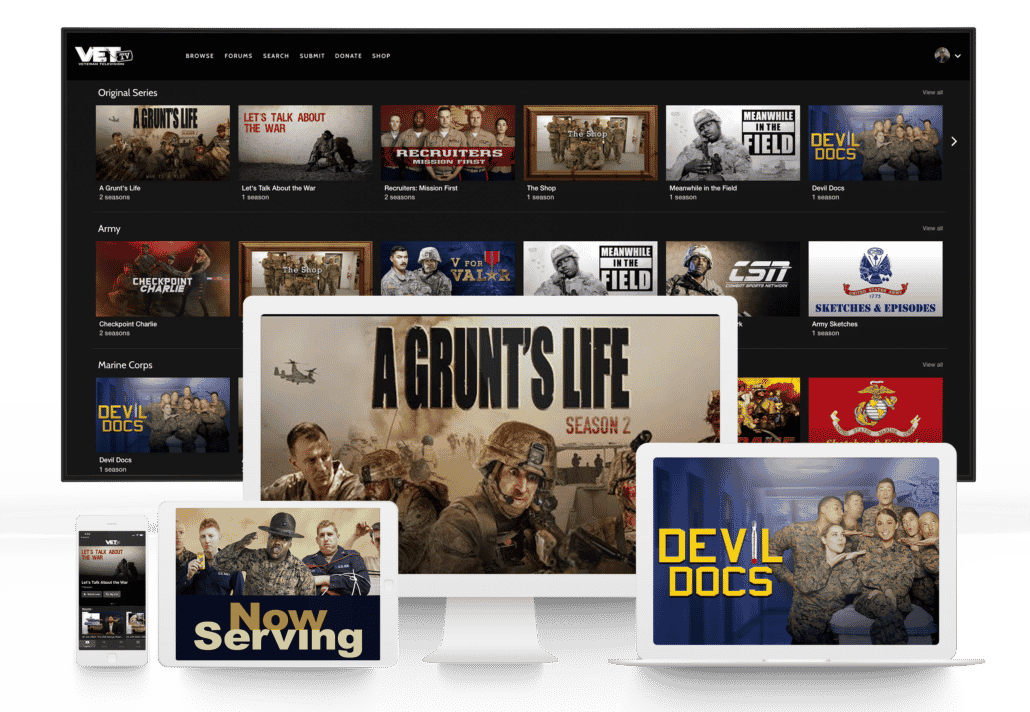

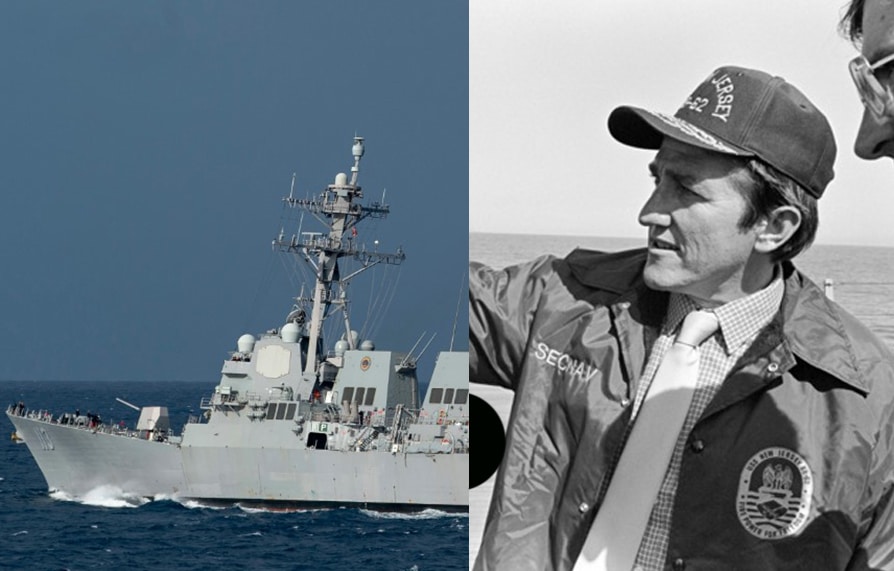

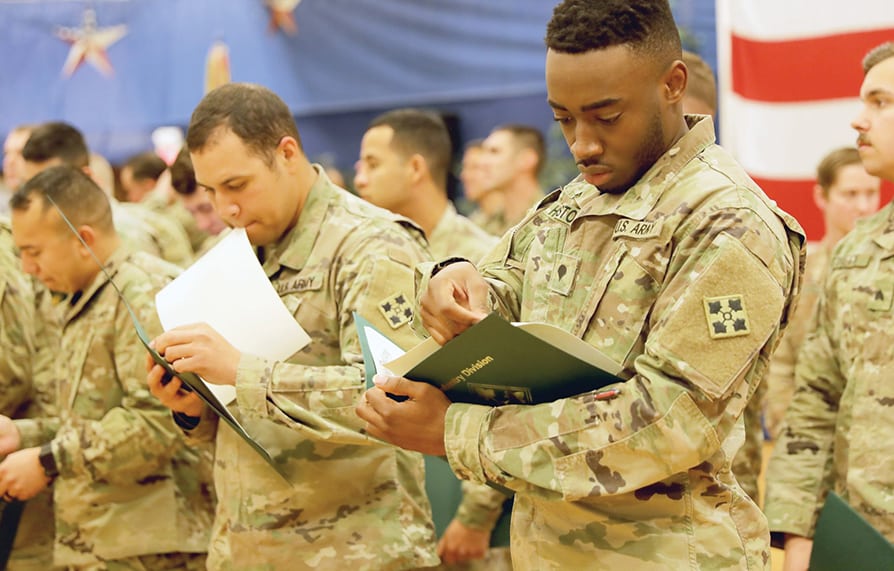

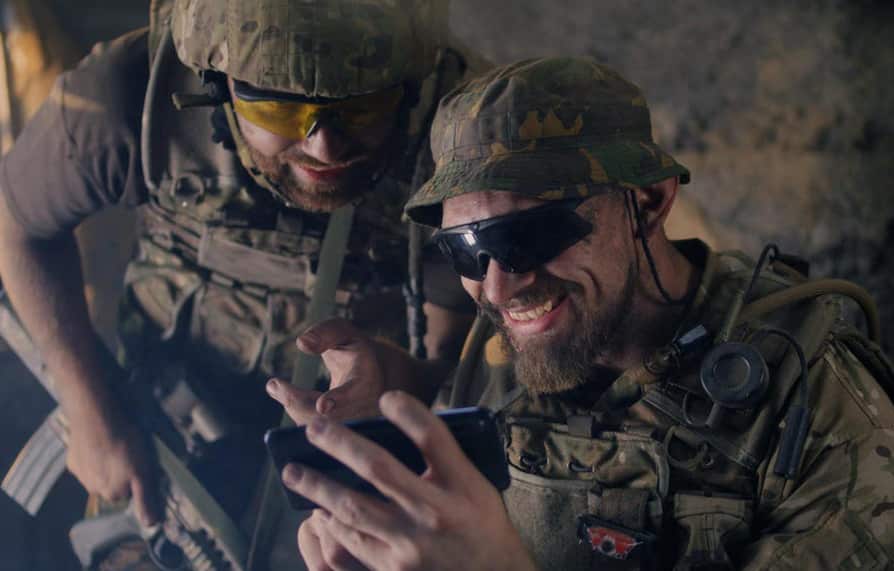
Leave A Comment